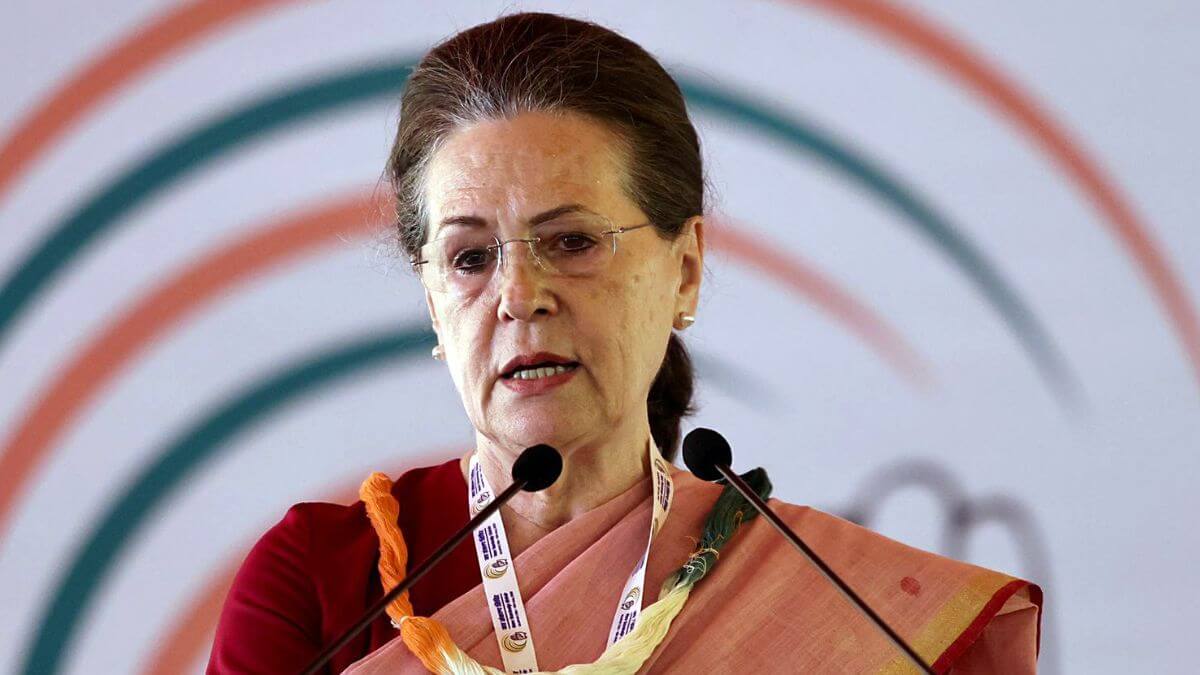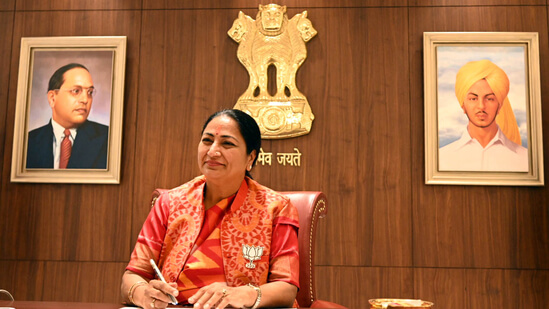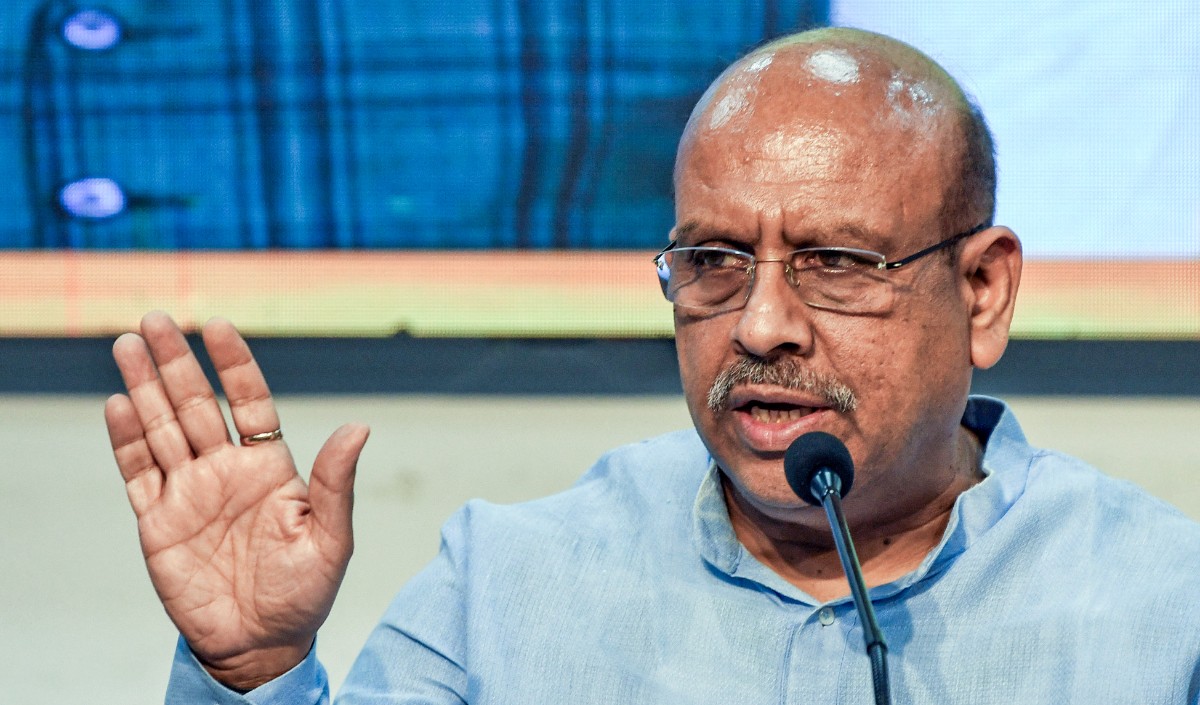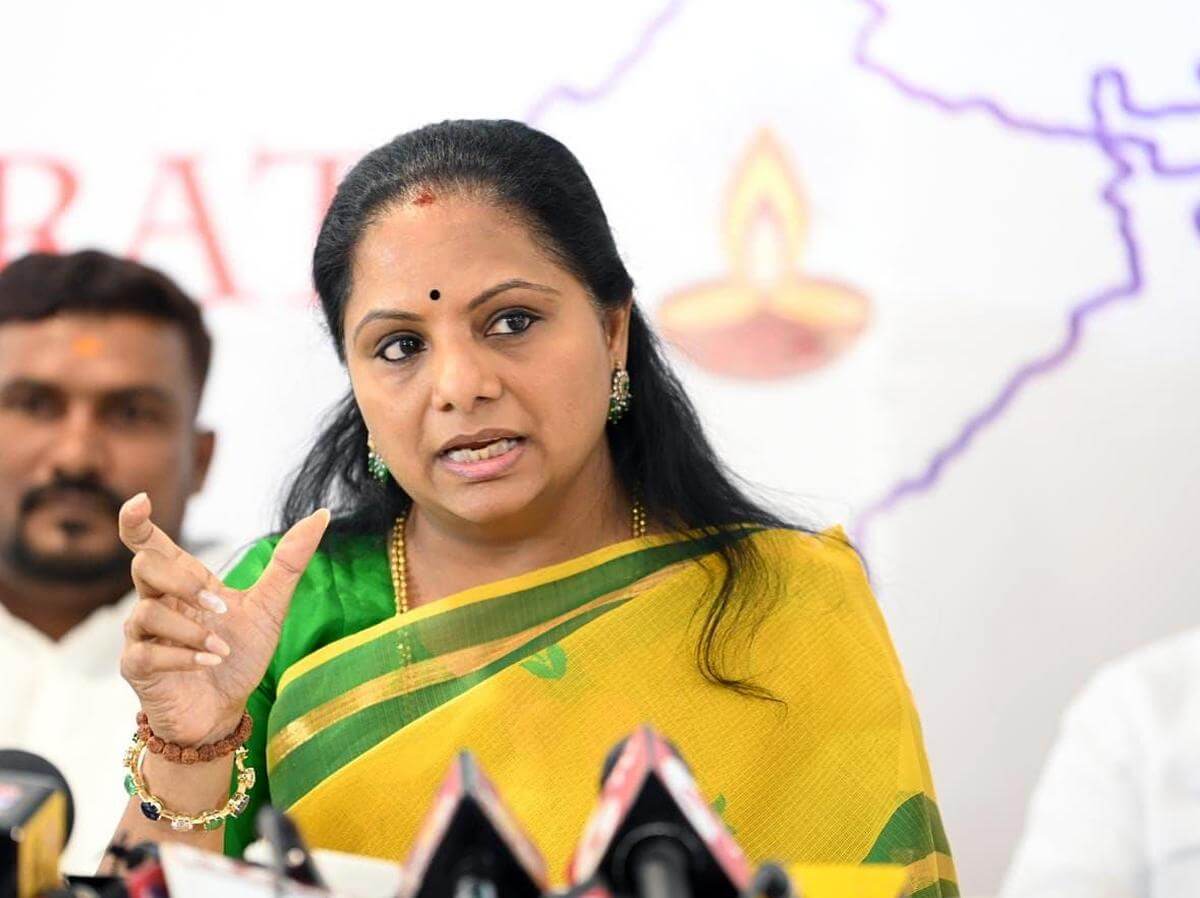SC rules Aadhaar Act valid, but card need not be linked to mobile, bank
Wed 26 Sep 2018, 13:28:51

The Supreme Court on Wednesday lauded the many benefits of the Centre’s flagship Aadhaar Act and upheld its Constitutional validity.
The top court also addressed concerns of petitioners that the Aadhaar card violates an individual’s privacy and asked the Centre to “introduce strong data protection law as soon as possible”. The top court ruled that private entitities can't ask for Aadhaar and also said the national identity number is certainly not mandatory for school admission.
Justice A K Sikri of the five-judge Constitution bench, headed by Chief Justice Dipak Misra, said: “Aadhaar empowers the marginalised section of the society and gives them an identity… Aadhaar is also different from other ID proofs as it can't be duplicated.” He also said there was a fundamental
difference between the Aadhaar card and identity. “Once the biometric information is stored, it remains in the system,” he said.
difference between the Aadhaar card and identity. “Once the biometric information is stored, it remains in the system,” he said.
Justice Sikri also said: “It is better to be unique than to be best.” He said: “Minimal demographic and biometric data of citizens are collected by the UIDAI for Aadhaar enrollment. Aadhaar number given to a person is unique and can't go to any other person.”
The concept of human dignity has been enlarged in the judgement, Justice Sikri said.
The five-judge bench of CJI Misra, Justices A K Sikri, A M Khanwilkar, D Y Chandrachud and Ashok Bhushan took up petitions challenging the Aadhar Act on January 17 this year, and reserved its verdict on May 10 after hearing arguments for a marathon 38 days.
No Comments For This Post, Be first to write a Comment.
Most viewed from National
Most viewed from World
AIMIM News
Delhi Assembly polls: Owaisi leads Padyatra in Okhla
Feb 01, 2025
We reject this Waqf Amendment Bill: Asaduddin Owaisi
Jan 30, 2025
Latest Urdu News
Most Viewed
May 26, 2020
Which team will win the ICC Men's Champions Trophy 2025 held in Pakistan/Dubai?
Latest Videos View All
Like Us
Home
About Us
Advertise With Us
All Polls
Epaper Archives
Privacy Policy
Contact Us
Download Etemaad App
© 2025 Etemaad Daily News, All Rights Reserved.




.jpg)
.jpg)
.jpg)
.jpg)
.jpg)
.jpg)









.jpg)
.jpg)
.jpg)
.jpg)
.jpg)
.jpg)

















